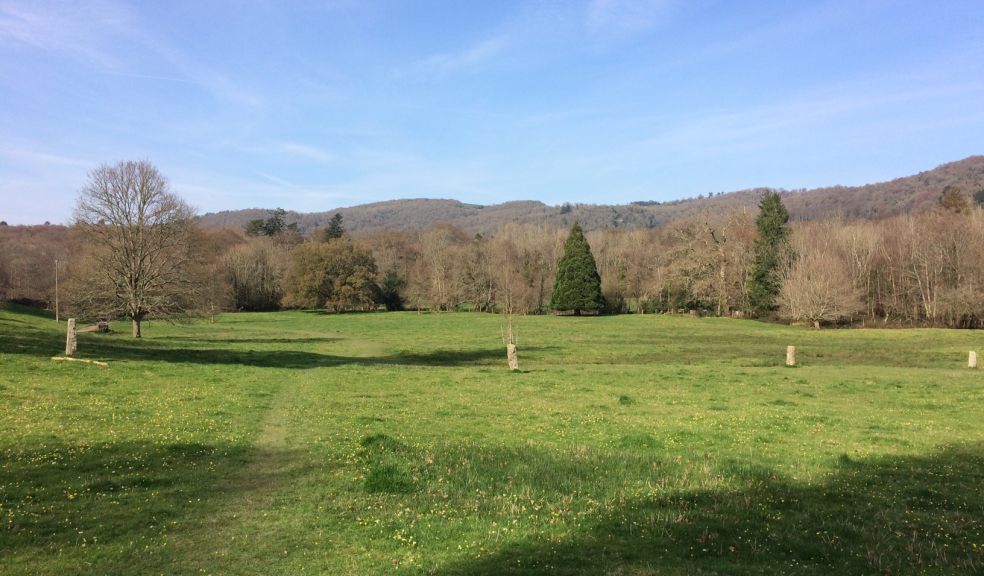
Together for Life
At the recent Exeter Diocesan clergy conference our three Bishops participated in a panel answering questions from the floor on a variety of contemporary topics.
One of those raised was, ‘what are the greatest social challenges facing the people of Devon who we seek to serve at this time?’ The Bishops responded with helpful comments such as our ageing population, new housing developments, pressures on land-use and the future of farming, as well as health concerns including dementia, loneliness and mental well-being.
Their replies prompted me to think about my own response and, whilst not disagreeing with them, I would want to say something broader.
For me one of the real and profound challenges we all need to address is how we discover and sustain a sense of social purpose in the places we live and spaces we inhabit. Or, in other words, how do foster community around us? We must recognise that we need to love and be loved, in common with everyone else, but estrangement and alienation often prevent the sharing of care.
The atomisation of society has fuelled a cult and culture of individualism. We have come to accept that ‘I’ can be happy and satisfied, irrespective of what is happening in the wider world - if I just consume the right products and pleasures. We are pushed to forget that we can only become better human beings through positive relationships. We can only become more fully alive by relating to the context in which we dwell. We need a sense of belonging to one another but more than this – be longing for meaningful inclusion.
Our experience of community has also to include how we relate to the planet herself (Earth is feminine in most languages, including Hebrew and Greek) - her plants, animals, minerals, elements and her rhythms of life. Blue Planet 2 is a timely reminder of the splendour of nature, yet we not only take it for granted, we pervasively endanger other species and habitats through our mass ‘post-industrial’ lifestyles. Our drive for consumer fulfilment takes us away from the deeper raw and abrasive aspects of life – yet these are ultimately what sustains the evolution of life on Earth.
Togetherness is both an ecological statement and a theological expression. It is in cooperating with others and working together that we move towards justice and wholeness. And it is when that collaboration includes and incorporates the entire inhabited world, rather than marginalising or trashing it, that we shall likely be closer to a society which together can heal the brokenness of life for ourselves and for generations to come.
Togetherness has to encompass everything: dark and light, people and planet, time and space, matter and energy, death and life, micro and macro, nature and nurture, humanity and divinity. The test is to open our eyes and hearts to the wider picture.
‘Consider the lilies of the fields and the birds of the air’. We may be wiser knowing that actually the Earth cares for us, as we should care about her. Maybe if we were to really focus on the beauty of the natural world we’d be less keen to destroy it…
This article was originally published in Devon Churches Green Action News, October 2017




















